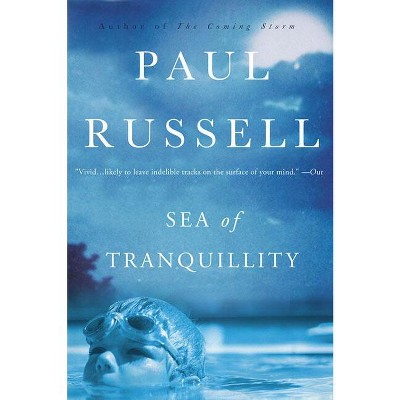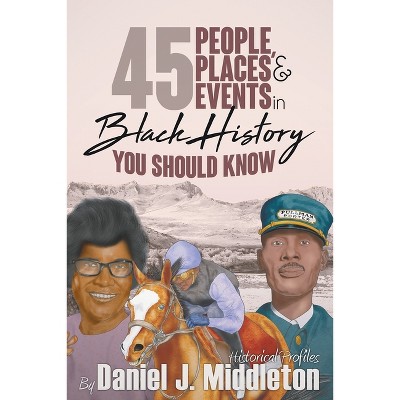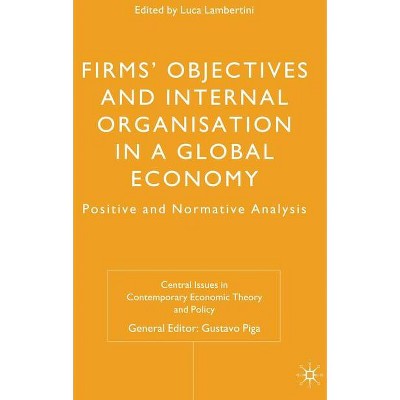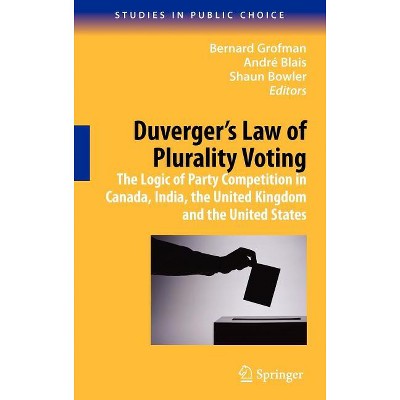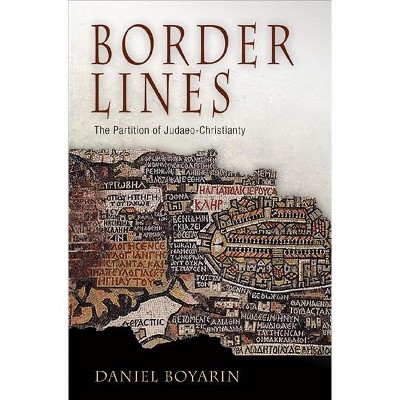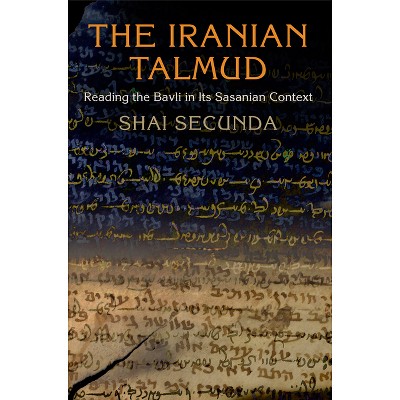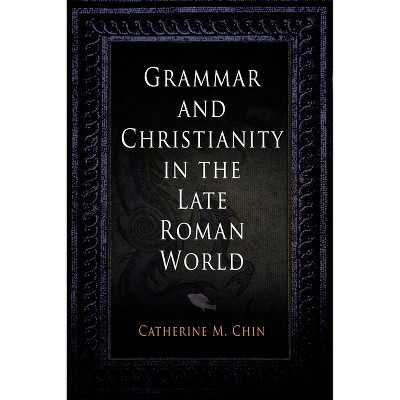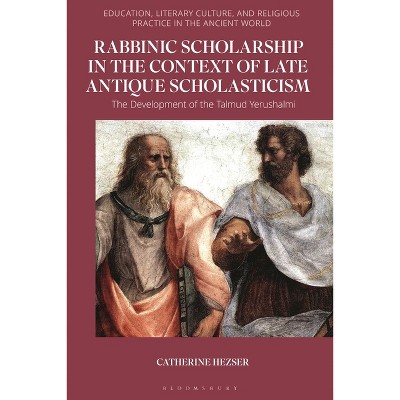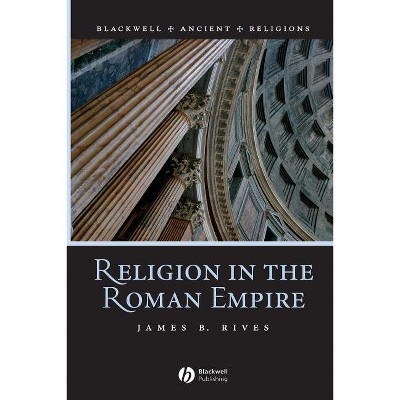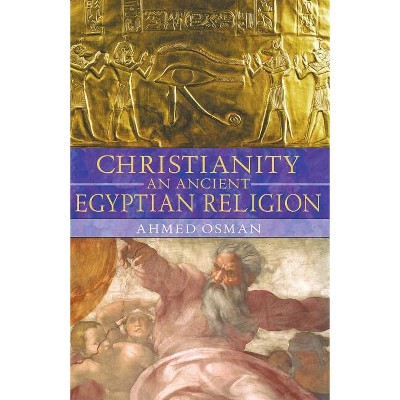Sponsored

A Traveling Homeland - (Divinations: Rereading Late Ancient Religion) by Daniel Boyarin (Hardcover)
In Stock
Sponsored
About this item
Highlights
- A word conventionally imbued with melancholy meanings, "diaspora" has been used variously to describe the cataclysmic historical event of displacement, the subsequent geographical scattering of peoples, or the conditions of alienation abroad and yearning for an ancestral home.
- About the Author: Daniel Boyarin is Hermann P. and Sophia Taubman Professor of Talmudic Culture, Departments of Near Eastern Studies and Rhetoric, University of California, Berkeley.
- 192 Pages
- History, Jewish
- Series Name: Divinations: Rereading Late Ancient Religion
Description
About the Book
In A Traveling Homeland, Daniel Boyarin makes the case that the Babylonian Talmud is a diasporist manifesto producing and defining the practices that constitute Jewish diasporic identity in the form of textual, interpretive communities built around talmudic study.Book Synopsis
A word conventionally imbued with melancholy meanings, "diaspora" has been used variously to describe the cataclysmic historical event of displacement, the subsequent geographical scattering of peoples, or the conditions of alienation abroad and yearning for an ancestral home. But as Daniel Boyarin writes, diaspora may be more constructively construed as a form of cultural hybridity or a mode of analysis. In A Traveling Homeland, he makes the case that a shared homeland or past and traumatic dissociation are not necessary conditions for diaspora and that Jews carry their homeland with them in diaspora, in the form of textual, interpretive communities built around talmudic study.
For Boyarin, the Babylonian Talmud is a diasporist manifesto, a text that produces and defines the practices that constitute Jewish diasporic identity. Boyarin examines the ways the Babylonian Talmud imagines its own community and sense of homeland, and he shows how talmudic commentaries from the medieval and early modern periods also produce a doubled cultural identity. He links the ongoing productivity of this bifocal cultural vision to the nature of the book: as the physical text moved between different times and places, the methods of its study developed through contact with surrounding cultures. Ultimately, A Traveling Homeland envisions talmudic study as the center of a shared Jewish identity and a distinctive feature of the Jewish diaspora that defines it as a thing apart from other cultural migrations.
Review Quotes
"After two decades of exciting debate, the theory of diaspora studies is now in gridlock and in need of new interventions. This is such an intervention-a strong and exhilarating book."-- "Khachig Tölölyan, Wesleyan University"
"Boyarin's book can be seen as a diasporic creation itself in terms of its embeddedness both in the details of the Talmudic discourse and in sociological theories outside of Jewish studies. Boyarin is engaged in a dialogue with scholars outside of Jewish studies and convincingly shows how Jewish studies can influence and be influenced by these 'foreign' fields. His scholarship is exemplary in showing how mutually fruitful and important those discussions can be. A Traveling Homeland is very well written and a most worthwhile read for anyone who wants to get a fresh look at the phenomena of diaspora, the Talmud, and the nature of Jewishness itself as a diaspora. It opens up needed debates on these issues as it challenges commonly held views."-- "Reading Religion"
"Daniel Boyarin demolishes the long-standing notion that diaspora was born out of despair and sorrow. A Traveling Homeland is a highly erudite, suggestive, and provocative study on the concept of diaspora, and the Jewish diaspora in particular."-- "Oded Irshai, The Hebrew University of Jerusalem"
About the Author
Daniel Boyarin is Hermann P. and Sophia Taubman Professor of Talmudic Culture, Departments of Near Eastern Studies and Rhetoric, University of California, Berkeley. He is author of many books, including Border Lines: The Partition of Judaeo-Christianity, also available from the University of Pennsylvania Press.Shipping details
Return details
Trending Non-Fiction




